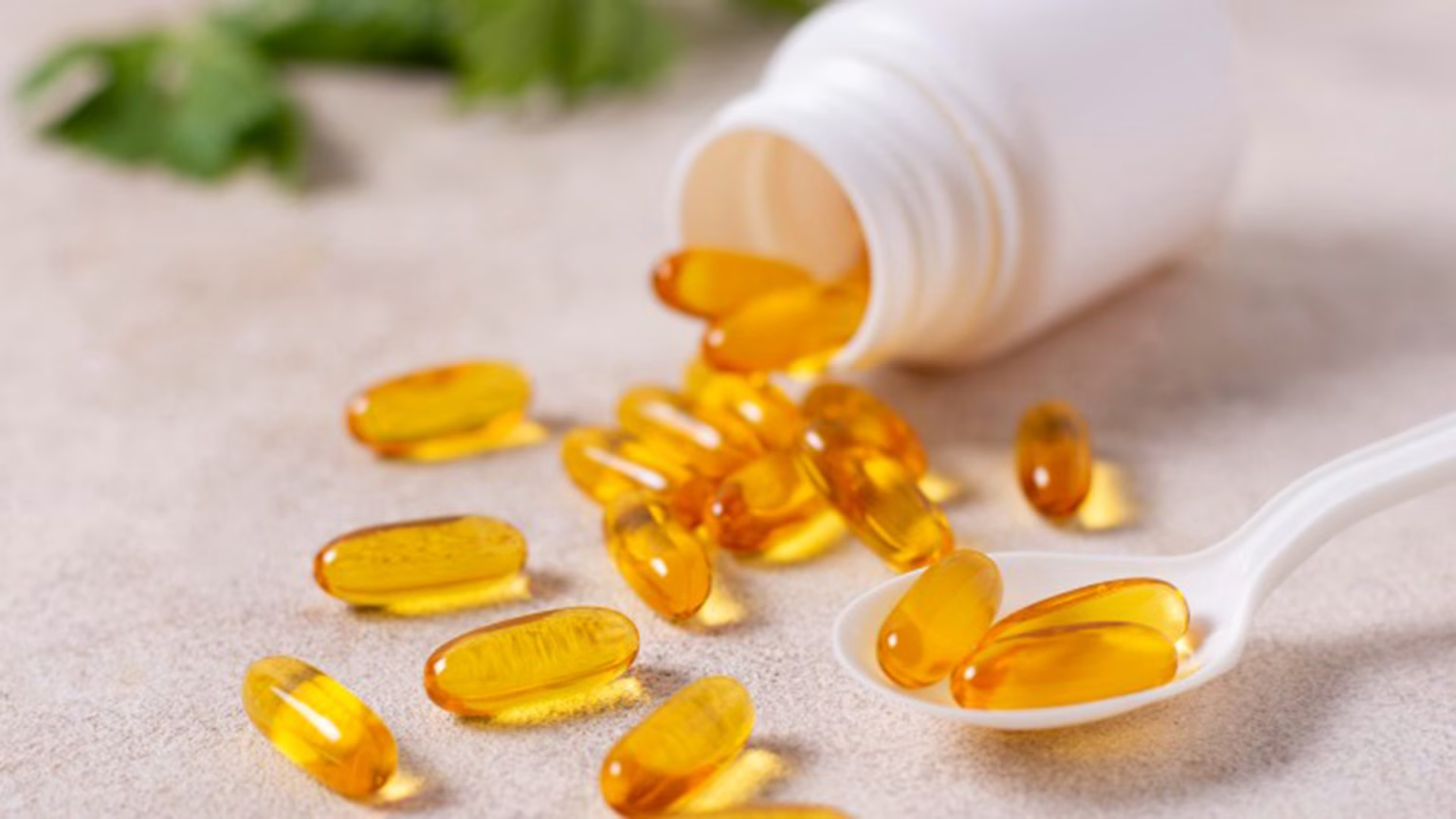It’s often called the ‘sunshine vitamin’, and new research suggests Vitamin D could also be a quiet defender of youth. A groundbreaking clinical trial now shows that taking a daily dose of Vitamin D3 may help preserve telomeres, the protective DNA caps at the ends of our chromosomes. In effect, it can slightly delay the biological ageing process.
The findings come from a sub-study of the large-scale VITAL trial, led by researchers from Mass General Brigham and the Medical College of Georgia, in collaboration with the National Heart, Lung, and Blood Institute (NHLBI). Over four years, more than 1,000 adults were monitored to see how their cells aged over time.
Those who took 2,000 international units (IU) of Vitamin D3 daily experienced significantly less telomere shortening compared to those on a placebo. In practical terms, that difference translates into slowing the cellular ageing process by nearly three years.
Telomeres naturally shorten as we age and their erosion has been linked to conditions such as cancer, cardiovascular disease, and autoimmune disorders, the Harvard Gazette reports.
Still, experts are cautious about overstating the implications. Telomere length is just one biomarker. The differences, though statistically significant, are subtle and may not necessarily translate into meaningful improvements in health or lifespan without additional evidence.
Vitamin D has long been recommended for bone health, immune support and overall wellness. For most adults, getting 600 to 800 IU per day through diet, supplements or safe sun exposure is standard advice.
The 2,000 IU dose used in the VITAL study is still considered safe for most people. Though experts recommend consulting a healthcare provider, as excessive Vitamin D can have harmful effects.
For now, it’s a note of cautious hope. Vitamin D may not be a magic bullet, but this tiny boost at the cellular level hints at something bigger. Maybe, with more research, this humble ‘sunshine vitamin’ will prove to be a quiet ally in keeping us stronger, healthier, and just a little younger for a little longer.


